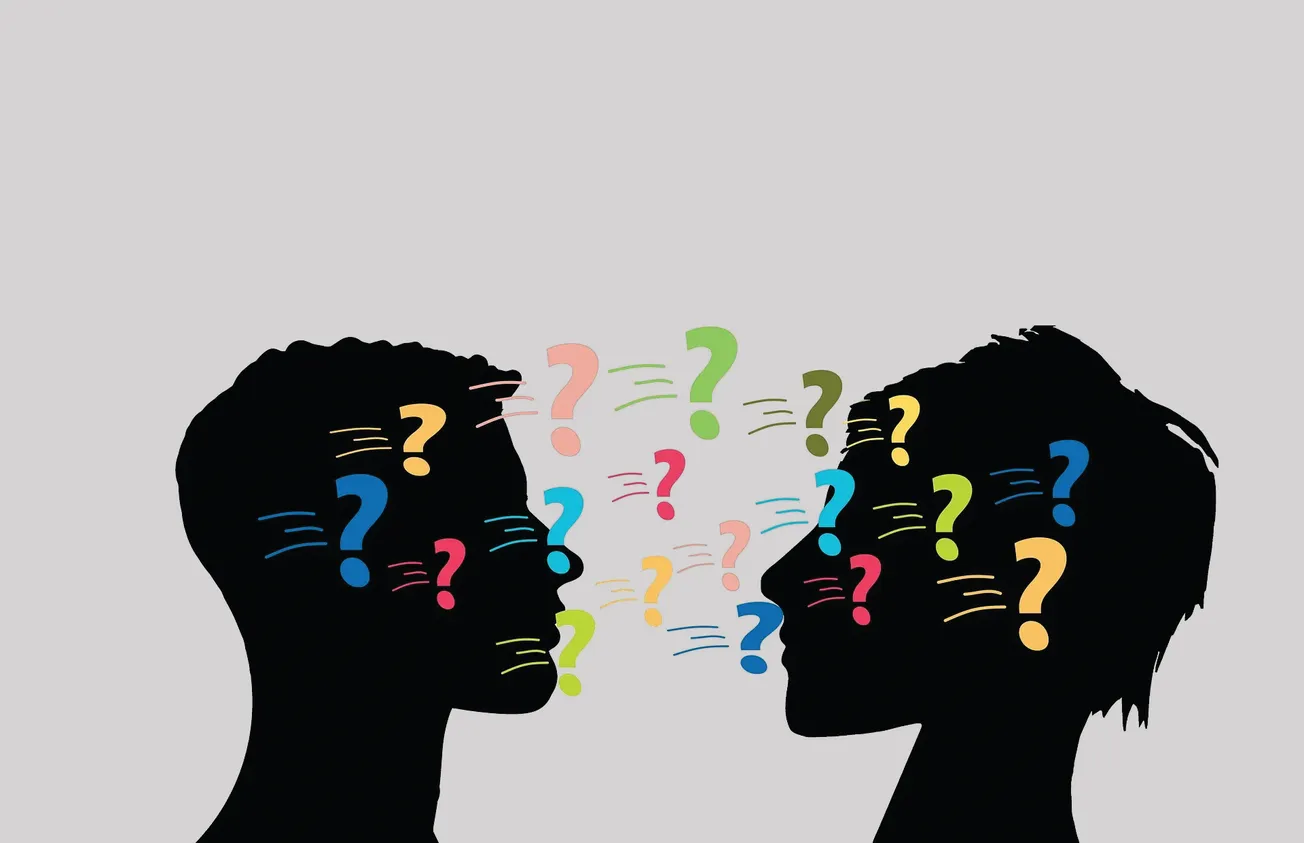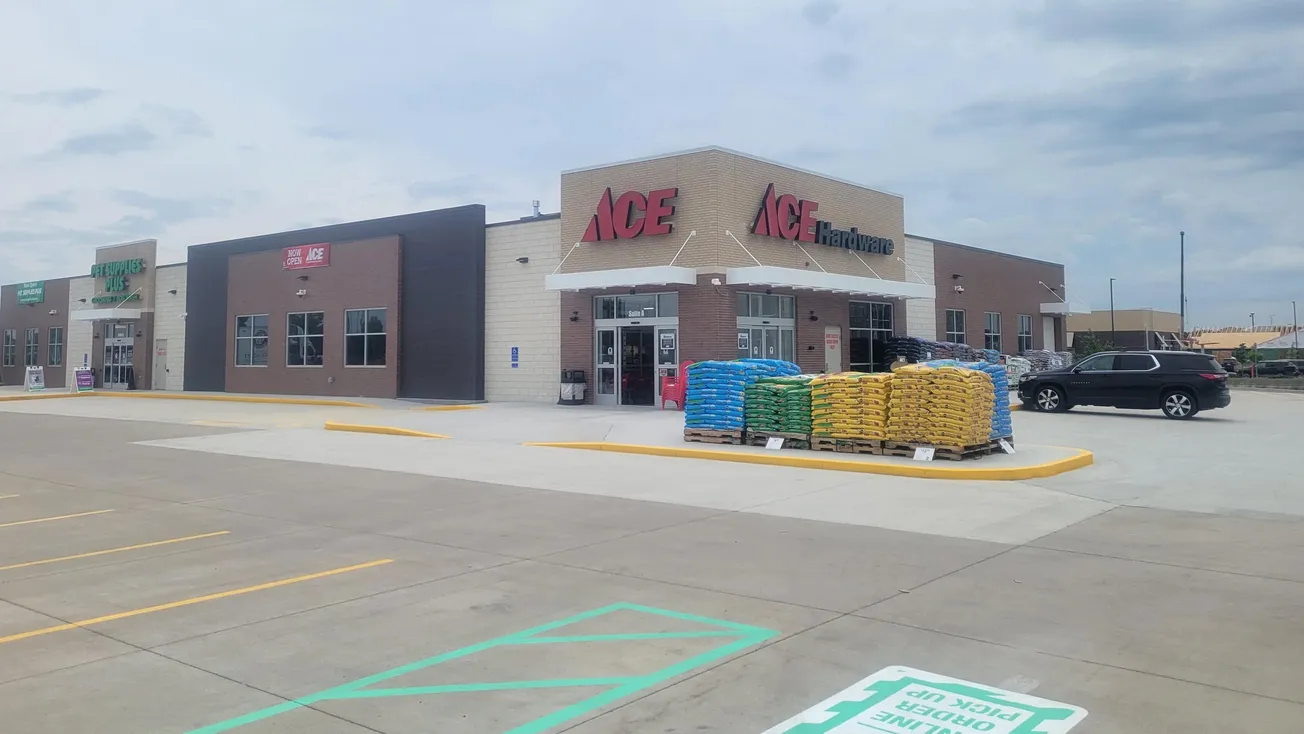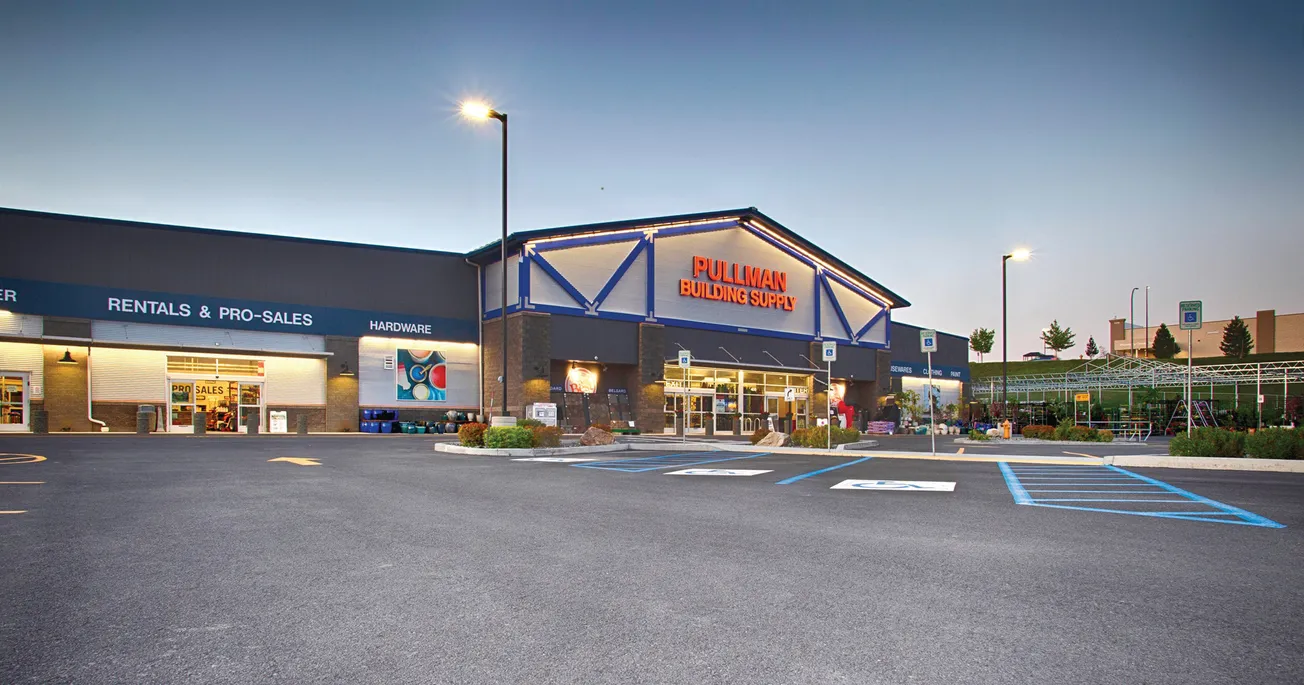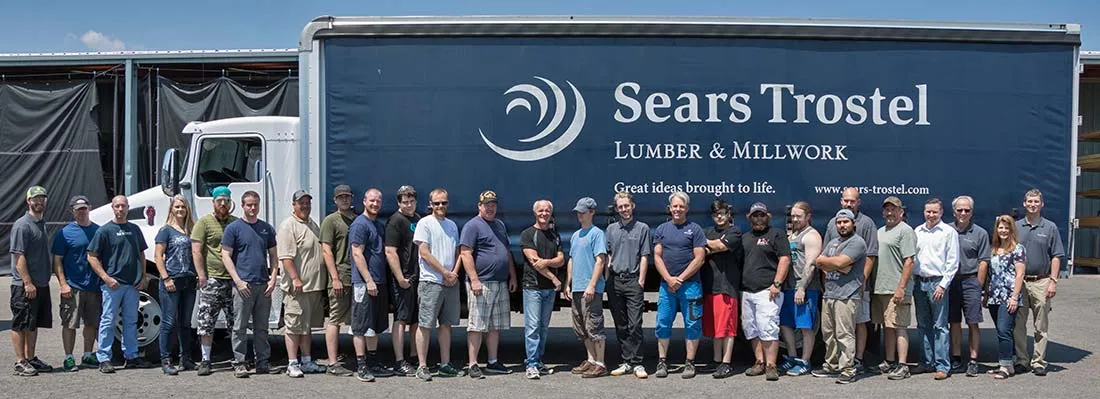Table of Contents
WHAT WE SAY is important. There is a right time to ask questions, follow up questions and a right time to close. But more important than what we say is how we say it. We may say the coolest thing in the world, but if we sound nervous, too aggressive, or uncertain even if what we are saying is true, it will be difficult for our potential customers to believe and buy from us.
Goosebumps
We cannot control goosebumps. We can’t stop them from coming any more than we can make them happen. Goosebumps are involuntarily triggered in the “flight or fight” part of our brain, the amygdala. This is the part of the brain that our tone(s) speak to, so if our tone is bad our customers can’t help but be reluctant to buy, and if our tone is good, they can’t help but want to buy from us.
Tone for Receptionists

Most salespeople are professionally polite with receptionists—they are not rude—but the majority treat the receptionist like furniture; they even call them “gate keepers”!
The Master Seller’s tone is friendly, warm and not in a hurry when speaking with the receptionist. Their pace is slower and more deliberate than normal. They have a slight smile on their face. This makes it easier for the receptionist to understand the voice they are hearing for the first time.
Master Seller: “Good morning. This is Sarah Hopson with ABC Wholesale out of Jonesboro, Ar. How are you today?” Moving our intonation up on the “you” makes it sincere. Maybe some small talk, depending on the vibe from the receptionist then… “Could you tell me who does your lumber buying please?”
Students often ask me, “Why do I have to tell them who I’m with and where I’m calling from?” Because the receptionist wants to know, even if they don’t know they want to know, so now we have scratched an itch they didn’t know they had! It also helps us stand out from the crowd of salespeople who don’t do it.
Tone for Promotion
When we are proposing something to our customers we should have a tone of excitement. Jordan Belfort calls it “Bottled Enthusiasm,” meaning we sound enthusiastic but not exaggeratedly so. With an upbeat tone, we should give them several reasons what we are proposing is a good deal.
Tone for Closing
After we give the customer the reasons what we are promoting is a good deal we change our tone from excitement to a positively assumptive tone. We sound like we know they are going to say yes. This is part of our pre-call psyche up. We must convince ourselves that what we are offering is a good deal—enthusiasm—and then we must convince ourselves before the call that the customer will say yes.
The “We know they are going to say yes” tone is not arrogant; it is a what I call a “positively naïve” tone. It’s the tone we use when we offer a friend something we know they are going to say yes to.
This sounds simple, but after getting a series of “no’s” many sellers start to sound the opposite. They have what I call the “You’re probably not going to buy this but…” tone. That’s why positive pre-call self-talk is important.
Overcoming Objections Tone
The highest level of technical sales skills is overcoming an objection and closing. When a customer gives us an objection we:
- 1. Don’t say anything! Many sellers say things like, “OK” or “Gotcha” even before the customer has finished the objection! Don’t. This means, “You’re right, I give up.”
- 2. Count to three. This makes the customer feel they we have heard them and are considering what they have said. In addition, customers will often restart with the real objection if we are patient.
- 3. Then we say, “I completely understand what you are saying, but let me tell you why in this circumstance we should put this together.”
Our tone is relaxed and sincere. If we are nervous, overly aggressive, or whiny, the chances of overcoming the objection and closing are infinitesimally small.
Vary Our Tone
Monotone is a killer in sales. We don’t have to be sing-songy, but we must vary our tone, or we will bore our customers.
James Olsen is principal of Reality Sales Training, Portland, Or. Call him at (503) 544-3572 or email james@realitysalestraining.com.









